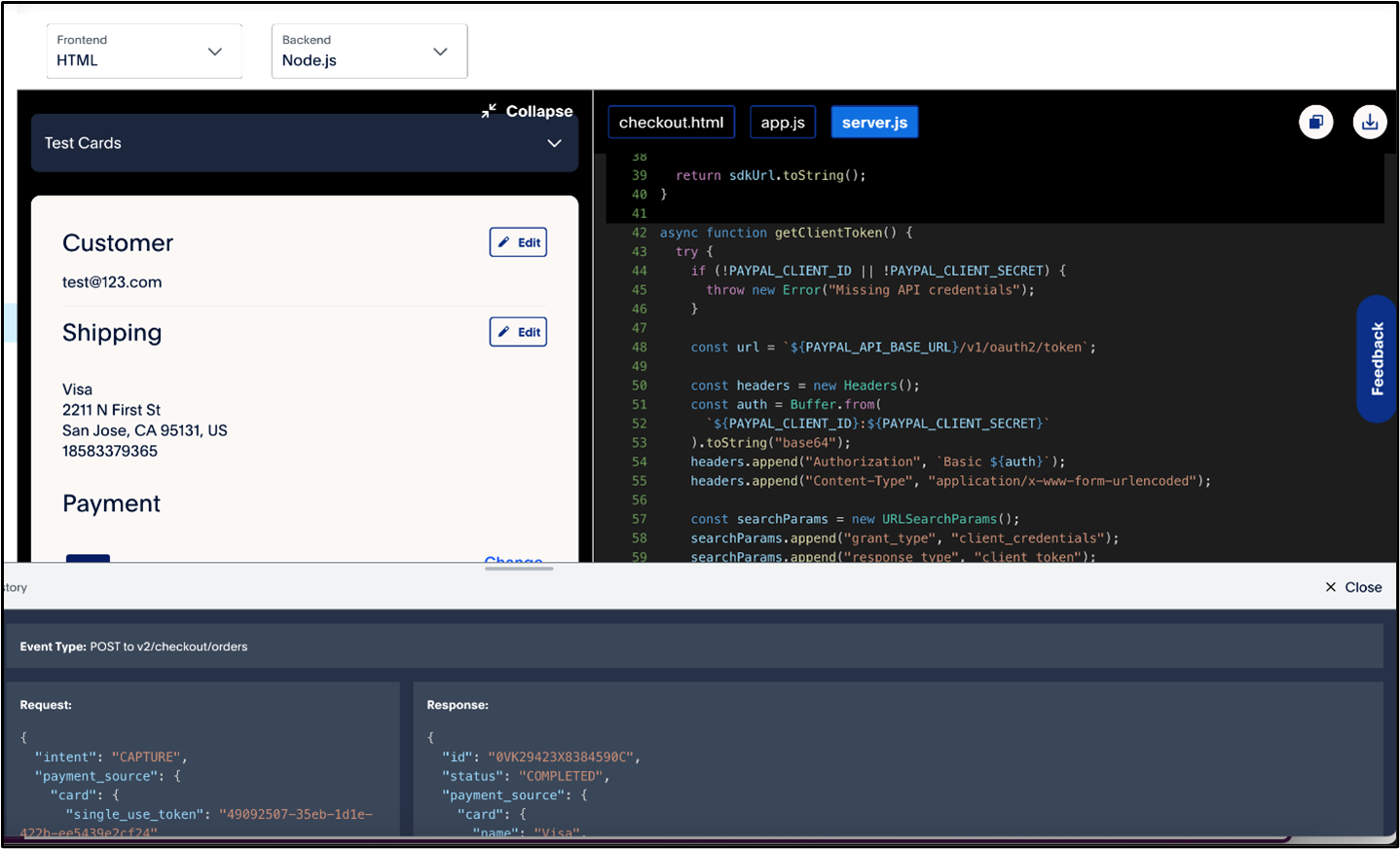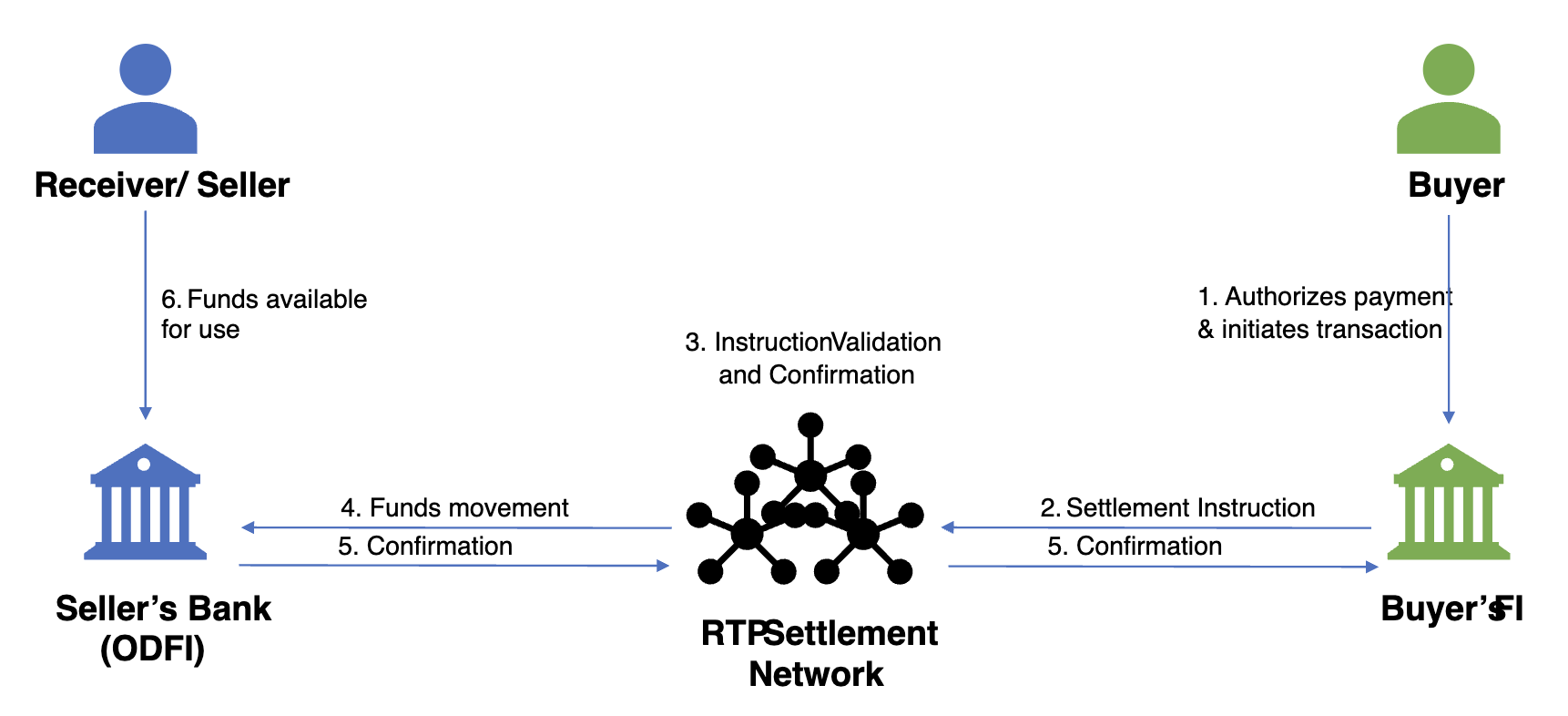Empowering Payments : At the Speed of AI
Jul 07, 2025
3 min read

At the dawn of e-commerce and online payments, instilling trust in the digital economy was a formidable task. Fast-forward to today, as agentic AI ushers in a new frontier in commerce, we find ourselves on a similar journey: building trust while shaping the future.
Agentic AI, where autonomous agents handle tasks, make decisions, and execute transactions, is poised to redefine commerce. These agents aren't just tools; they're independent actors that can buy with confidence or automate complex purchasing cycles. But can these novel paradigms earn the trust of businesses and consumers alike, as traditional e-commerce once did?
Trust Through Legacy: PayPal’s Cornerstone
Enter PayPal, a company that's synonymous with trust in the global economy. Over the past 25 years, PayPal has established itself as a household name, amassing 400 million active accounts worldwide. PayPal is widely used by consumers for managing payment transactions and by businesses for facilitating sales.
It's this deeply entrenched trust that positions PayPal as the ideal partner in shaping agentic commerce. With its new agentic tools, built with security in mind, and to drive innovation at the speed of AI,PayPal is paving the way for agents to not only complete transactions seamlessly but also instill confidence in the process.
Trust, Velocity, and AI: Building the Future of Agentic Commerce
Agentic commerce isn't just about automation, it’s about ensuring that the future of commerce is built on confidence, speed, and empowerment. For it to succeed, we need to prioritize three key pillars:
1. Building Confidence in AI Agents
Building trusted tools remains foundational. Consumers want to know that these autonomous agents conduct transactions securely, and comply with legal and ethical norms. Trust isn’t just earned with robust security protocols, it’s cultivated through transparency and reliability.
PayPal’s agentic tools include features designed to build trust. From real-time fraud detection to encrypted transaction networks, PayPal’s guiding principle remains safeguarding customer confidence as commerce ventures into uncharted territory.
2. Velocity: Empowering Commerce at Lightning Speed
AI agents aren’t just autonomous, they’re fast. Agentic commerce offers unparalleled velocity, completing intricate tasks and transactions in mere moments. But speed without reliability is meaningless.
PayPal combines velocity with encryption features, ensuring transactions happen not just quickly but with the security features they have come to expect from PayPal. Merchants and customers expect to rely on intelligent agents to optimize decision-making without compromising confidence or integrity.
3. AI Tools and Experiences
Agentic commerce isn’t a singular feature; it’s an ecosystem. It requires tools and experiences that enhance autonomy while ensuring a smooth interface between users and agents. That’s where AI excels, crafting tools that are intuitive, predictive, and reliable.
Through its evolving suite of agentic offerings, PayPal demonstrates an unwavering commitment to delivering AI experiences that simplify commerce for businesses and individuals alike, empowering everyone to embrace the next wave of technology with confidence and speed.
Get Onboard with PayPal Agentic Offerings
Agentic commerce is no longer a distant idea, it’s the present reality. Autonomous agents are transforming the way we live, shop, and transact, introducing concepts that challenge us to reinvent what it means to build trust and efficiency in the business landscape.
PayPal’s wealth of experience, paired with its focus on innovation and incorporating security features that help build trust, places it in a unique position to lead this transformation into the future. With agentic tools designed for and speed, PayPal invites businesses and consumers to take the leap into the next era of commerce boldly.
Join PayPal in building the future of agentic commerce.
Recommended

A Faster Guest Checkout: How to Integrate Fastlane by PayPal
8 min read

Exploring the Growth of Real Time Payment Systems
5 min read

Pay by Bank for E-Commerce | Using Bank Accounts to Make Purchases with SMBs [ACH]
5 min read
